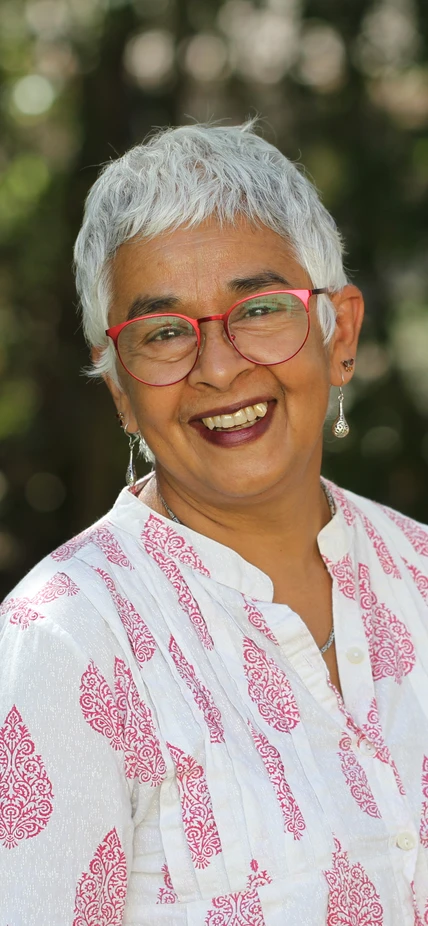Palo Alto, CA—Carnegie’s Devaki Bhaya is part of a Rice University led team that was recently awarded $2.8 million from the National Science Foundation for a five-year project to define the social order of naturally occurring microbial communities.
Unlike the bacterial clones used in laboratory research, naturally occurring bacterial populations are havens of small-scale genetic diversity, making their relationships and evolutionary dynamics of great interest to the scientific community.
“From extremophiles living in deep sea vents to the beneficial bacteria living in the human gut or in association with plant roots, microbial communities are crucial to understanding the world and our existence in it,” said Bhaya. “Improving our understanding of how these microbiomes thrive could lead to major contributions in the fights against climate change, world hunger, and human disease.”
In an effort to track these various factors over time, across species, and in the wake of ecological disruptions, the research team—led by Rice University computer scientist Todd Treangen—will develop novel computational approaches starting with network analysis of species abundance in microbial biofilms, which are capable of swapping genetic material between organisms.
Bhaya has studied genetic diversity, community exchange of genetic material, and the role of bacteriophages in microbial mats in Yellowstone National Park for years. Her expertise in combination with the computer science and computer electrical engineering backgrounds of her co-principal investigators, Luay Nakhleh and Santiago Segarra, will enable the project to develop a framework for defining how relationships within a mat community drive evolution.
Similar to the tools used by social media applications to identify groups of friends, the researchers plan to elucidate the rules and rates of gene transfer between members of a microbial mat community and leverage this knowledge to apply it to a variety of microbiomes, including those that inhabit our own gastrointestinal systems and affect our health and longevity.
“The new grant gives us a wonderful opportunity to develop novel multi-disciplinary approaches to tease apart how microbes interact with one another in these very unique environments,” Treangen explained.
